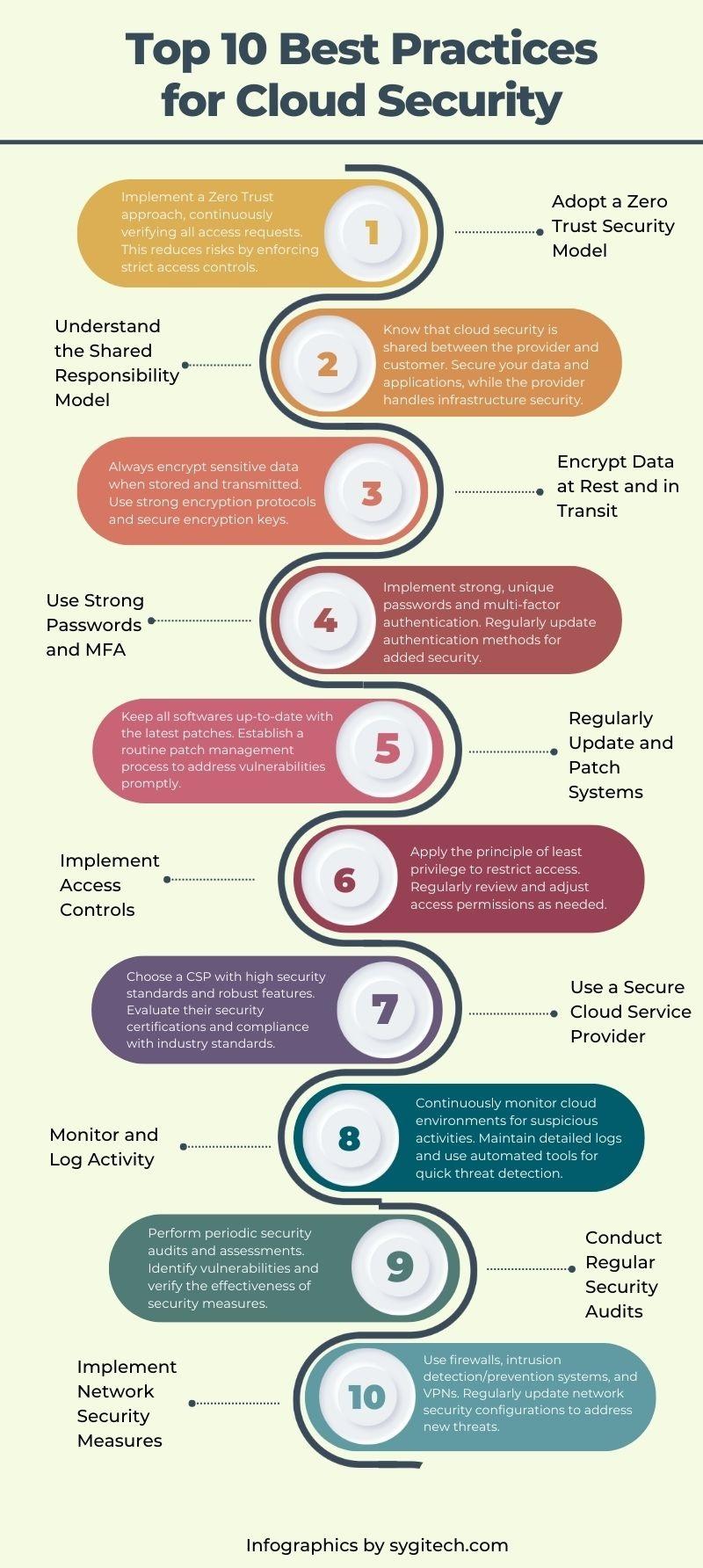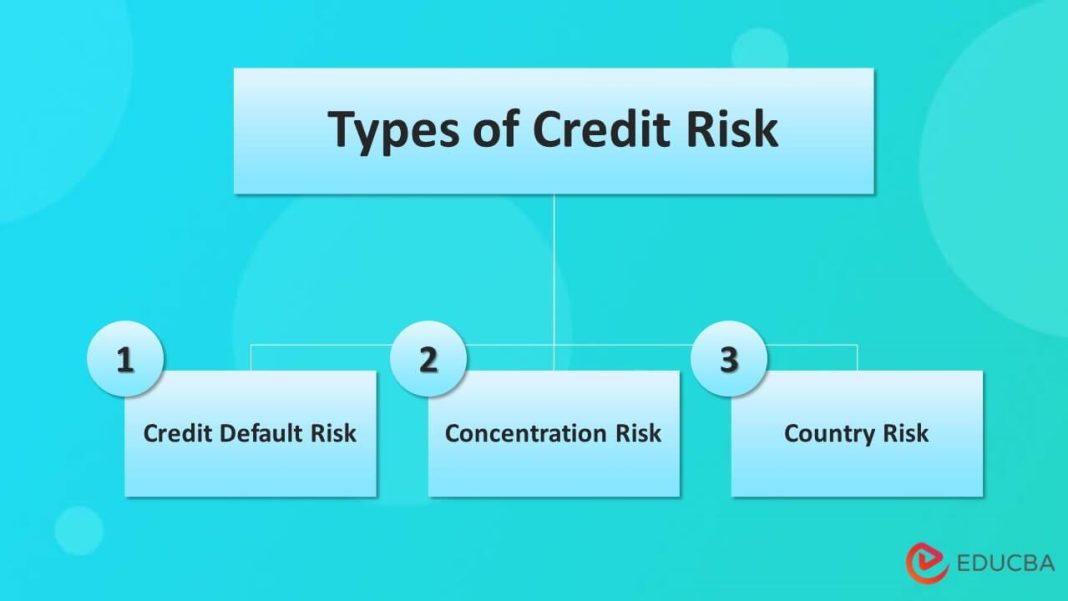In the digital age, where data flows seamlessly across borders and time zones, safeguarding customer information has become a formidable challenge for businesses worldwide. As global regulations tighten their grip, the stakes have never been higher. Companies must navigate a labyrinth of legal requirements while ensuring that their data protection strategies are robust and resilient. This article delves into the intricate world of customer data protection, offering a comprehensive guide to fortifying your defenses against potential breaches and non-compliance. With an authoritative lens, we will explore the latest regulatory landscapes, innovative technologies, and best practices that can empower your organization to not only meet but exceed global standards. Prepare to embark on a journey that will transform your approach to data security, ensuring that your customers’ trust remains unshaken in an ever-evolving regulatory environment.
Understanding the Global Regulatory Landscape
In the ever-evolving realm of data protection, understanding the intricacies of the global regulatory landscape is crucial for businesses aiming to safeguard customer data. Navigating this complex web of regulations requires a keen awareness of the diverse legal frameworks that govern data privacy across different regions. The General Data Protection Regulation (GDPR) in Europe, California Consumer Privacy Act (CCPA) in the United States, and Personal Data Protection Act (PDPA) in Singapore are just a few examples of the myriad regulations that organizations must adhere to. Each of these regulations comes with its own set of rules, penalties, and compliance requirements, making it imperative for businesses to stay informed and agile.
To effectively manage these challenges, companies should consider implementing a robust data protection strategy that includes:
- Regular Audits: Conduct frequent assessments to ensure compliance with the latest regulatory updates.
- Data Mapping: Understand where customer data is stored, processed, and transferred globally.
- Employee Training: Equip staff with the knowledge to handle data responsibly and recognize potential threats.
- Privacy by Design: Integrate privacy considerations into the development of new products and services.
By adopting these measures, businesses can not only comply with global regulations but also build trust with their customers, demonstrating a commitment to protecting their personal information.

Implementing Robust Data Encryption Strategies
In today’s digital landscape, ensuring the security of customer data is paramount, especially with the ever-evolving global regulations. To build a robust encryption strategy, businesses must focus on several key components. End-to-end encryption should be a cornerstone, ensuring data is protected during transmission and at rest. Additionally, employing strong encryption algorithms like AES-256 can significantly enhance security. Regularly updating these algorithms to combat emerging threats is crucial.
Another vital aspect is the management of encryption keys. Implementing a secure key management system ensures that keys are stored and accessed safely. Consider adopting a zero-trust architecture to minimize risks, granting access strictly on a need-to-know basis. It’s also essential to conduct regular audits and penetration testing to identify vulnerabilities. By incorporating these strategies, businesses can not only comply with global regulations but also build trust with their customers.
- End-to-end encryption for comprehensive data protection
- Utilize strong encryption algorithms like AES-256
- Implement a secure key management system
- Adopt a zero-trust architecture
- Conduct regular audits and penetration testing
Cultivating a Culture of Data Privacy Awareness
In today’s rapidly evolving digital landscape, fostering an environment where data privacy is a shared responsibility is crucial. Employees at every level should be empowered with the knowledge and tools necessary to protect customer information. This begins with comprehensive training programs that emphasize the importance of privacy laws such as GDPR, CCPA, and other international regulations. Regular workshops and interactive sessions can help keep the team updated on the latest compliance requirements and potential risks. Encouraging an open dialogue about data security can also lead to innovative solutions and a more vigilant workforce.
- Implement regular data privacy training sessions.
- Encourage open communication about data security challenges.
- Promote a proactive approach to identifying potential threats.
Moreover, means embedding privacy considerations into the fabric of the organization’s operations. Leaders should model best practices by integrating privacy-by-design principles into product development and decision-making processes. This proactive approach not only ensures compliance but also builds trust with customers who are increasingly concerned about how their data is handled. By prioritizing transparency and accountability, companies can turn data privacy from a regulatory burden into a competitive advantage.
Leveraging Advanced Technologies for Compliance
In today’s rapidly evolving digital landscape, businesses must harness cutting-edge technologies to stay ahead of the curve and ensure compliance with a myriad of global regulations. Advanced technologies like artificial intelligence, blockchain, and machine learning are not just buzzwords; they are powerful tools that can transform how organizations manage and protect customer data. These technologies enable companies to automate compliance processes, identify potential vulnerabilities, and respond to regulatory changes swiftly.
- Artificial Intelligence: AI can analyze vast amounts of data to detect anomalies and potential breaches, providing real-time alerts and insights.
- Blockchain: With its decentralized nature, blockchain ensures data integrity and transparency, making it easier to track and verify transactions.
- Machine Learning: By learning from historical data, machine learning algorithms can predict and prevent potential compliance issues before they arise.
Embracing these technologies not only helps in safeguarding customer data but also enhances operational efficiency and fosters trust with stakeholders. Organizations that proactively integrate these solutions into their compliance strategies are better positioned to navigate the complexities of global regulations and maintain a competitive edge.





